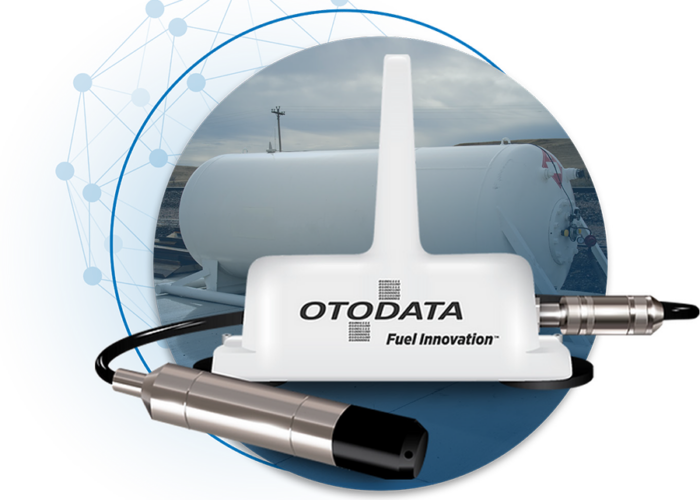At the end of 2017, Forbes made the projection that the international IoT market was expected to grow to $8.9 trillion by 2020, as trillion-dollar enterprises integrate IoT into the crux of their business growth. Is that projection still shaping up to be true?
Because IoT has the capacity to create new market opportunities, the influence of IoT connectivity has indeed made significant, revenue-generating advancements throughout a number of industries. IoT Fleet telematics and NB-IoT networks have improved asset tracking and fleet management systems, as connected cities and IoT for public safety have created more livable urban areas. Although there have been hang some hang ups, self-driving cars have nonetheless become more viable through autonomous driving pilot programs set in place in 2018, as ridesharing and mobility as a service (MaaS) have shifted the automotive and public transportation industries, bringing variety and affordability to riders.
Significant advancements in IoT devices and technology will continue to develop as 2019 rolls in. With the new year upon us, here are a few areas where IoT is predicted to take the lead in creating a more connected future.
- Edge Computing Will Take Off
Edge computing is on the verge of revolutionizing IoT data management. In 2019, IoT and related network industries will start to more deeply employ edge computing, bringing the site of IoT data processing closer to the deployed device sensors and their signals (the edge), resulting in lower latency, higher security, and fewer bandwidth requirements. Increased opportunities for edge computing will result in enhanced AI and machine learning capacities. IoT applications, such as self-driving cars, public security, medical equipment, and time-sensitive manufacturing, where immediate data analysis and response is necessary, will become more viable in 2019 as advancements in edge computing ensue.
- Automotive Business Models Will Shift Towards MaaS and Renewable Energy
In 2019, not only will the cars on the road continue to become smarter and more connected, but also business models within the auto industry will shift as manufacturers adapt their production and product design to accommodate tech-based smart cars with IoT integrations. By moving from fuel-powered engines towards battery and hydrogen fuel cell powered vehicles, OEMs will build partnerships with new types of suppliers developing specialized batteries, electronic integrations, IoT sensors and software, and data management solutions. With mobility as a service (MaaS) and autonomous vehicles on the horizon, design and ideation will shift towards developing vehicles that are sustainable, self-driving, and built for the MaaS industry in 2019.
- Specialized Data Management Solutions Will Take Over Businesses Data Insights
IoT applications have reached nearly every industry and are permeating both consumer and business markets. This ubiquity of connected devices is translating into massive amounts of data. There is a great opportunity for businesses to gain valuable insights with this data, although many companies are struggling to keep up with the influx of information. With a growing demand for specialized solutions, 2019 likely will be a year when data management solution companies start cropping up in response to a huge market opportunity. Companies specializing in data management will specifically tackle the data component of IoT integrations to help businesses harness insights, find correlations, and develop ways to experiment with their IoT data to create exciting new opportunities for businesses growth.
- Smart Home Technologies Will Become Further Integrated and Blended
Connected devices are on the brink of evolving into a true Internet of Things as they become more integrated with one another throughout the coming year. In particular, more smart home devices, like thermostats, lighting systems, kitchen appliances, home security systems, and connected outlets, will become integrated with each other, centralized around Google Home and Amazons Echo and Alexa voice assistants (which are projected to soon adapt AI processing capacities). With this blending of home technologies to create a web of IoT technologies, the smart home concept is predicted to strengthen and actualize in 2019.
- New and Upcoming Applications of AI
With the help of edge computing, Artificial Intelligence (AI) devices are becoming more and more of a reality. AI already has begun to take off in home and personal use devices, like behavior-learning Nest thermostats and Googles voice assistant (alongside slower advancements with Siri and Alexa). 2019 is expected to result in many new applications of AI. For example, AI employed in the fuel and energy sector likely will result in decreased operational costs. Energy prices are expected to decrease as drilling, transportation, and storage of natural resources become more efficient and automated with AI integration.
Set Off a Great New Year with Aeris
Aeris partners with product designers, enterprise leaders, city planners, and companies using IoT for good. We provide secure, reliable networks that power a variety of projects on the cutting edge of IoT, and look forward for opportunities to continue to build our client base this coming year. To learn how to kick off your IoT project with Aeris in 2019, Contact Us today.




